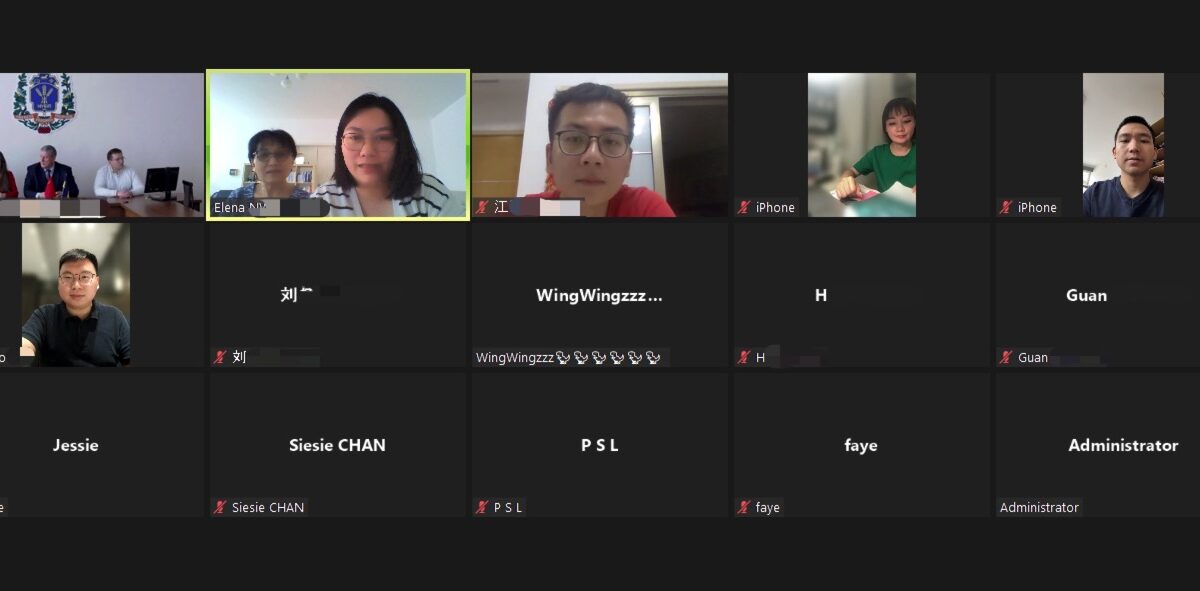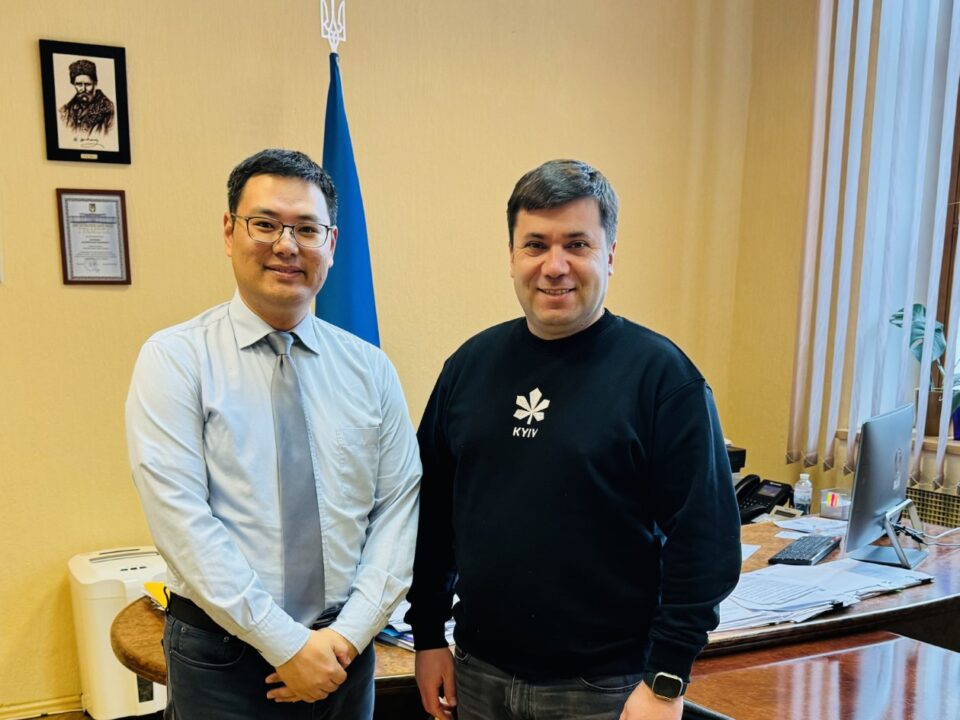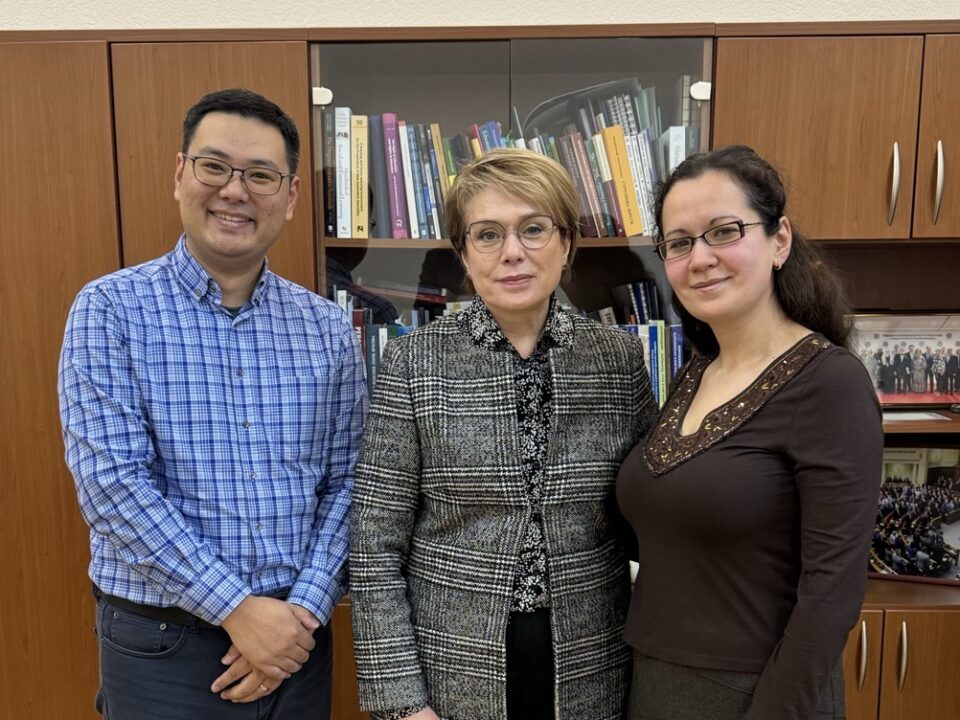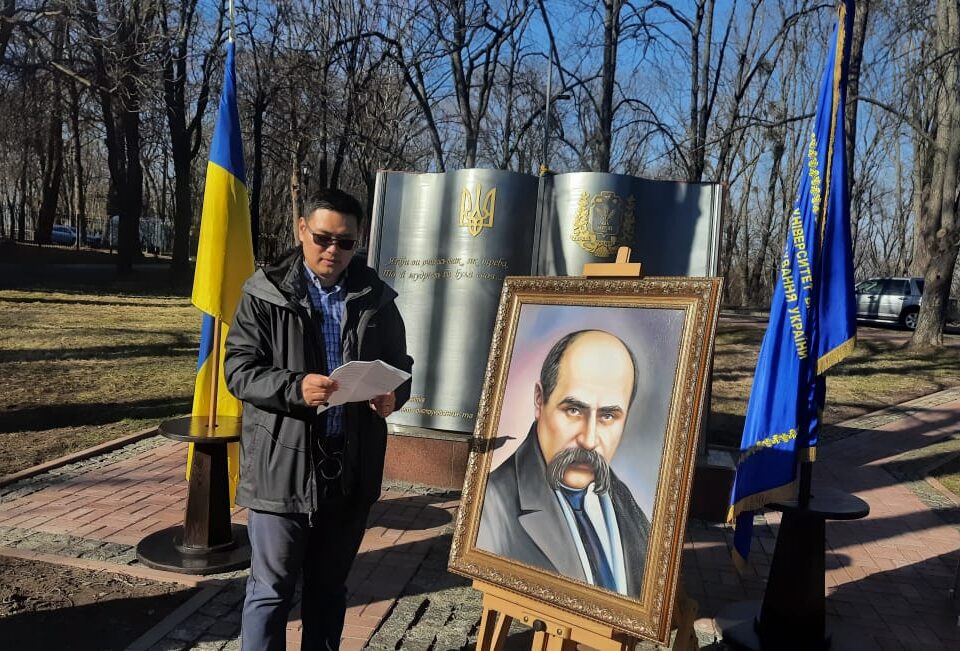
Q&A for US-EU Joint program
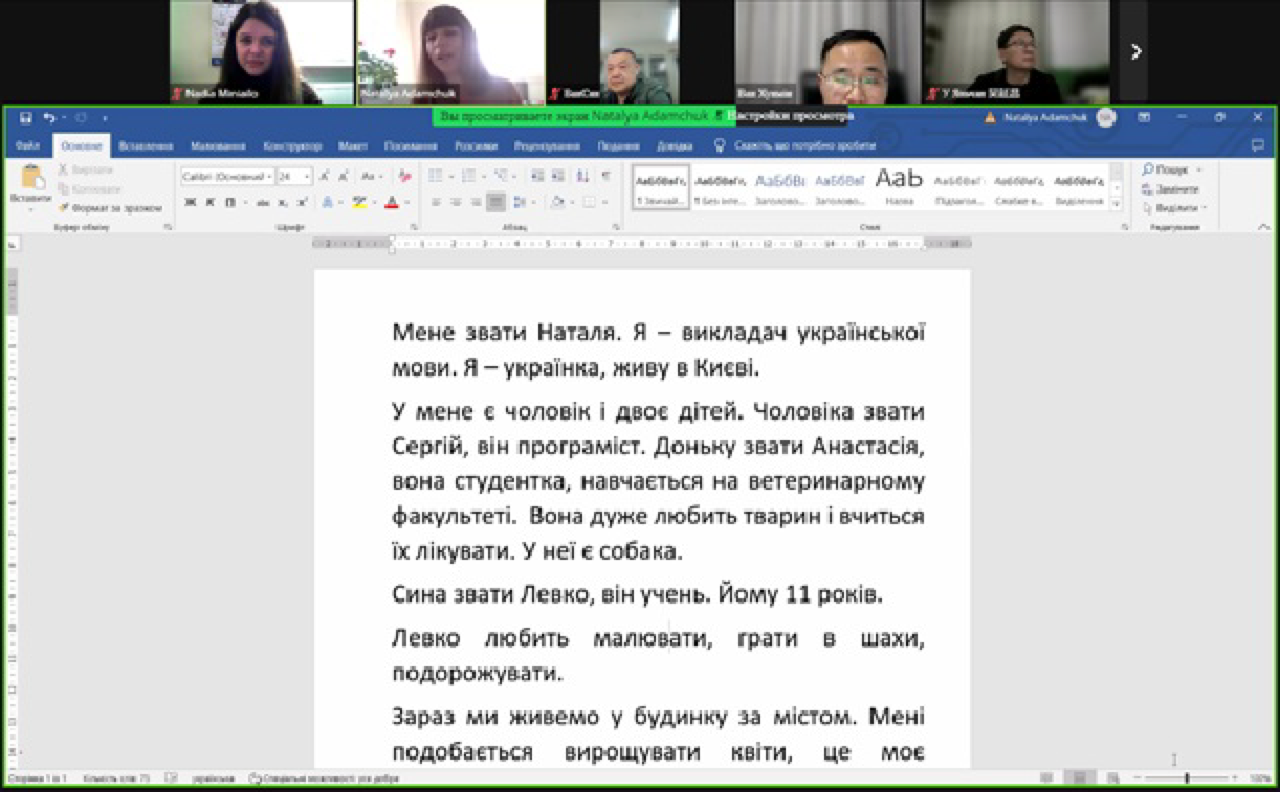
PhD: Implementation of the educational component of the training of graduate students of the People’s Republic of China
On March 23rd, the National University of Life and Environmental Sciences of Ukraine (NUBIP) and New Western University (NWU) held a joint project student meeting in Kyiv, Ukraine. The purpose of the meeting was to provide an opportunity for students from both universities to interact and collaborate, exploring the possibilities of collaborative projects and future cooperation between the two universities.
As a university specializing in agriculture, environmental science, and biotechnology, NUBIP has been dedicated to advancing scientific research and education, cultivating future leaders and professionals. NWU, on the other hand, is a comprehensive university with a wide range of disciplinary fields, including humanities, social sciences, natural sciences, and technology. The collaboration between the two universities aims to provide students with more learning and research opportunities and make more contributions to society and industry.
During the meeting, representatives from NUBIP and NWU teachers and students jointly discussed the importance and value of cooperation, particularly in the dual-degree program, and shared their achievements. They also discussed how to promote deeper cooperation between the two universities.
In addition, the meeting invited teachers and scholars from NUBIP and NWU as guests to provide students with more academic guidance and advice. The teachers and scholars introduced their research fields and professional knowledge and discussed how to provide better learning and research support for students.
Through this joint project student meeting, NUBIP and NWU students gained a deeper understanding of each other’s academic culture and teaching methods, and established closer contacts and cooperation. They will continue to collaborate in the future, conduct more academic exchanges and projects, and make more contributions to scientific research and education in Ukraine and globally.
In summary, this joint project student meeting provided a valuable opportunity for NUBIP and NWU students to better understand each other, enhance cooperation and communication, and lay a solid foundation for future academic cooperation.

